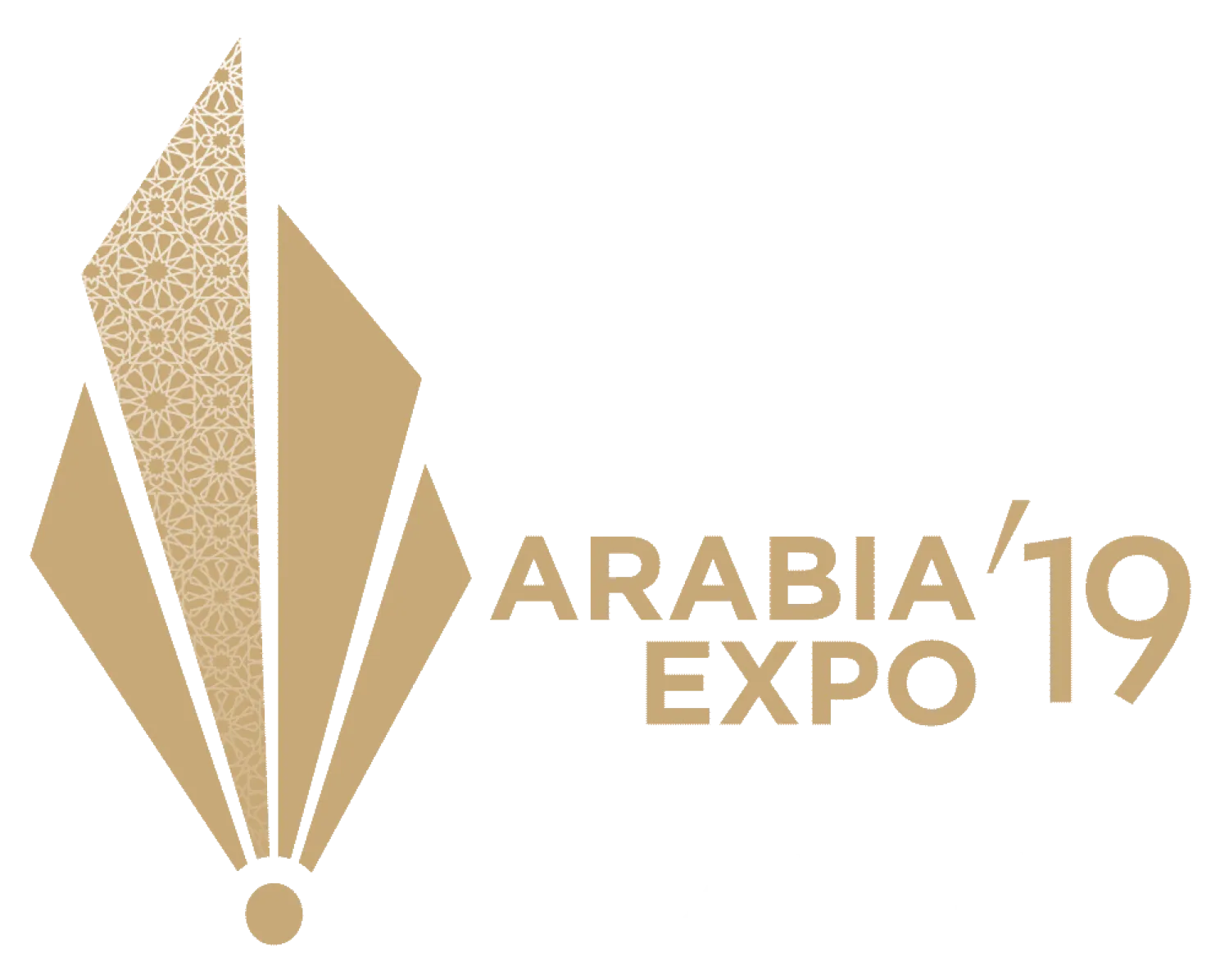Russian Foreign Minister Sergei Lavrov said that economic cooperation with the Arab world was a top priority of Russian foreign policy, pointing to the implementation of around 400 investment projects worth more than $40 billion by Arab and Russian companies.
Lavrov said at the opening ceremony of the Arabia Expo 2019 in Moscow on Monday that the volume of trade between Russia and Arab countries grew by 8 percent in 2018, reaching $22 billion.
Stressing the need to further promote bilateral cooperation, he pointed to large joint projects between Russia and the Arab region, including the Egyptian nuclear power station.
Arabia Expo 2019 kicked off on Monday, with the participation of around 700 companies from 20 countries of the Arab world and the Middle East, officials from the Russian and Arab governments. The Russian-Arab Business Council was also launched in conjunction with the event.
At the opening ceremony, Lavrov delivered a speech by Russian President Vladimir Putin.
“I am sure that the Expo and discussions in the Russian-Arab Business Council will contribute to the expansion of useful contacts between business circles, businessmen, organizations and small and medium enterprises to reach new trade agreements and contracts of mutual benefit to the parties,” he said.
The Russian president also praised the role of the Arab-Russian Business Council in promoting bilateral relations and seeking to increase the volume of trade exchange and to implement many economic projects, especially in the fields of energy and transportation.
The exhibition presents an arena for strengthening trade and economic relations between Russian and Arab partners. Besides the wide Arab presence, the exhibition was attended by 85 regions of the Russian Federation, all of which are looking to expand trade cooperation with partners in the Arab world.









